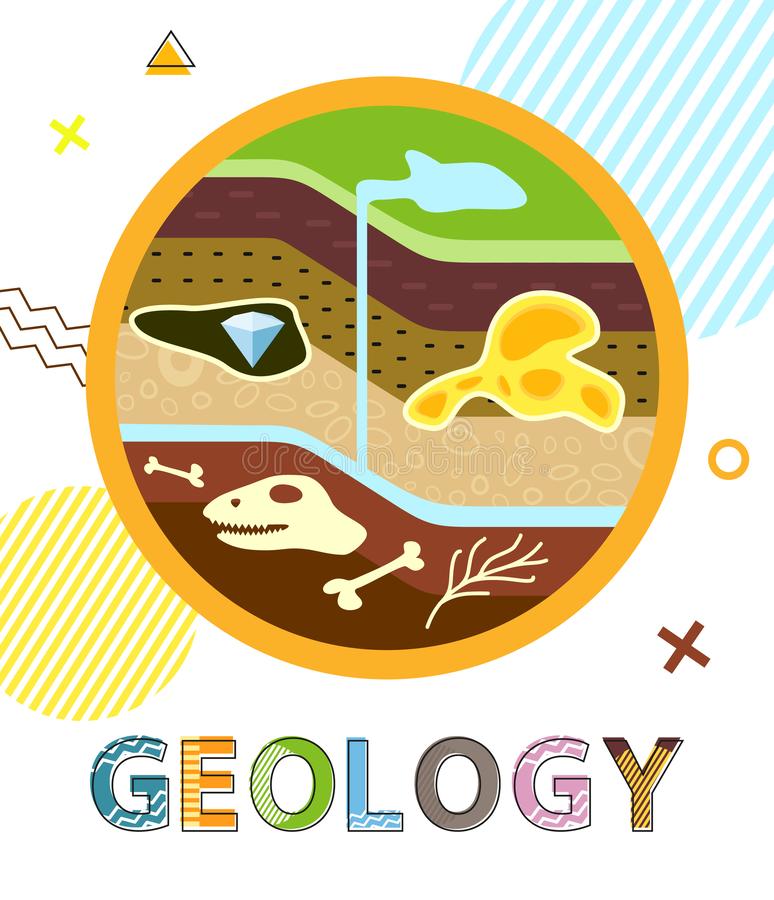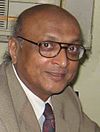Mon-Sat 9am-7pm








Forensic science is a crucial element for the modern-day judicial system wherein a forensic scientist works in close coordination to find out evidence and show the same to courts and helps in solving the case with legally acceptable evidence. In order to reach some conclusions, a forensic scientist applies various scientific methods and principles in the investigation of criminal cases. Moreover, a keen analysis of the clues collected from a crime scene is fundamental for forensic scientists.
Collecting materials from the crime spot and taking the same to the crime laboratory, gathering all clues, and converting them into evidence that is admissible in court is a crucial job of a forensic scientist. He may be asked to gather physical evidence like blood, saliva, hair, impressions of tires or shoes, fingerprints, footprints, etc so that the same can be used in furtherance of reaching some decision on the crime. Besides criminal investigation, there are other options including teaching and crime reporter for qualified forensic professionals.
Forensic Science is a disciple of science used to analyze physical crimes and their evidence. It is used around the world to protect public health, enforce laws and regulations, and resolve civil disputes. Forensic science utilizes many scientific and mathematical techniques to give a conclusion to a crime. Forensic scientists work for local, state, and government levels.
This career is for people with excellent communication skills, as well as the ability to notice even the tiniest details. A forensic scientist or a forensic science expert must be skilled and have an interest in interpreting scientific evidence and data.

Forensic Pathologists: Forensic pathologists determine the time and cause of death in cases of suspected murder or suicide.
Forensic Anthropologists: Those who have a PhD in Anthropology or medical degree with forensic science can work as forensic anthropologists who help in identification of individuals murdered or killed in disasters i.e. plane crashes, explosions, fires, etc and give testimony to the age, sex, ancestry, stature and unique features of the deceased persons.
Forensic Psychologists: Professionals with a degree in psychology can work as forensic psychologists wherein they assist a court or other fact finders in arriving at a just or correct decision.
Clinical Forensic Medicine Experts: Such professionals possess medical degree and post graduate degree or diploma and work as the examiner of victims of crime and suspects who may have sustained injuries while allegedly committing a crime and reach to specific conclusions pertinent to the crime and timing.
Forensic Serology Experts: These professionals work as analyst and analyze blood groups, blood, and other bodily fluids and do DNA fingerprinting to arrive at a conclusion.
Forensic Chemists: Those who have science degree and specialisation in applied or forensic chemistry can work as forensic chemists wherein they help in the detection and identification of illicit drugs, accelerants used in arson cases, explosive and gunshot residues, trace evidence, including paint, glass, polymers and fibers, etc.
Dactyloscopists: The most commonly known work of Dactyloscopists is to study fingerprints received from the scene of crime and link them with suspects.
Forensic linguists: These professionals analyze the content of written or oral communication and identify criminals particularly in cases of kidnapping where they help in zeroing in on the criminal.
Toxicologist: Professionals with qualification in chemistry or biochemistry work in to help police in the detection and identification of pharmaceutical drugs and poisons, toxin levels, etc. in body.
Undergraduate Course (3 years):- B.Sc. in Forensic Science
Bachelor’s degree program is a 3- 4 years degree program with an average of 120 semester credit hours of work. The course curriculum includes the subjects like Criminal Procedure and Evidence, Crime Victim Studies, Constitutional Issues in Criminal Procedures, Fingerprint Analysis, Crime Scene Investigation, Theories of Crime Causation, etc. Students with a bachelor’s degree in Forensic science hold entry-level positions like forensic science technician, crime scene investigator, or forensic pathologist with an average salary of Rs 3 – 4 lakhs per annum. To join an undergraduate course in Forensic science the applicant must complete his/her high school or diploma course at least with 50% of the overall percentile.
Post Graduate Courses (2 years):- M.Sc. in Forensic Science or PG Diploma in Forensic Science
Master’s degree in forensic science prepares individuals for advanced positions within the forensic science industry. It typically has 32 – 40 credit hours which consists of core subjects like drug analysis, criminalistics, biological evidence, DNA analysis, trace evidence, blood splatter patterns, toxicology, etc. Graduates should have at least a 3.0 GPA to join MSc in India. Such candidates can hold senior-level jobs in various departments like crime labs, police departments, and governmental agencies like the Drug Enforcement Administration, hospital labs, medical examiner’s offices, and pharmaceutical companies.
Doctoral Course (3 years):- Ph.D. in Forensic Science or M.Phill. in Forensic Science
A doctorate degree is mandatory if an individual wants to seek a lecturing job go for research or opt for any kind of advanced leadership position in Forensic sciences. Core subjects include Forensic Instrumental Analysis, Advanced Forensics, Physical Evidence Concepts, Controlled Substance Analysis, Forensic Laboratory Management, and Research Design in Forensic Science, Pattern, and Law and Forensic Sciences. To join the doctoral courses aspirant have to complete his/her master’s degree and have to get at least a 3.0 GPA. An aspirant can pursue his/her specialization course in the fields like Forensic Biology, Forensic Serology, Forensic Chemistry, Forensic Toxicology, Forensic Ballistics, Forensic Entomology, Forensic Botany, etc. in the Forensic science field.
It’s also possible to become a Forensic Scientist with an MBBS background. After finishing MBBS, students can pursue MD in Forensic Science.
Top Colleges for Forensic Science in India
Top Universities for Forensic Science Abroad
Compared to the growth in crimes in India, there is a huge gap for efficient forensic experts. Due to this gap, there is a high demand for Forensic Experts and the career prospects are high currently. Lack of awareness about the course is another reason for the demand for forensic experts high in the market.
Most of the Forensic Science candidates are hired by government agencies such as the Central Bureau of Investigation or Information Bureau. Many legal firms and private investigators also hire Forensic Experts to strengthen their investigations and cases.
Teaching is also a lucrative option for Forensic Science experts. Teaching about this specific field in colleges needs a lot of in-depth study of the subject. There is a lot of demand for highly qualified and trained Forensic Science experts in India. As very less number of students opt for this particular field.
The students of Forensic Science can join in as any of the following titles according to their field of expertise:
The salary options for a forensic science expert depend a lot on the organisation. In the government sector, the salary structure is fixed and based on the pay scale, whereas in the private sector it depends on the organisation. On average it can be quoted that a fresh forensic science expert can start anywhere between Rs 3-4 lakh per annum and after the experience, it can increase to Rs 6-10 lakh per annum.
Interesting job
Good pay
Never dying and demanding field
Rich experience w.r.t technology and latest inventions
Involves fieldwork as well
High work pressure
Security risk is involved
May involve overtime or round the clock service incidentally
Routine Lab work can be monotonous
Most of the high-paying jobs are only available if you crack state level PSC examinations


Call us at +91 9205084085, Monday - Friday, 9 am - 7 pm


